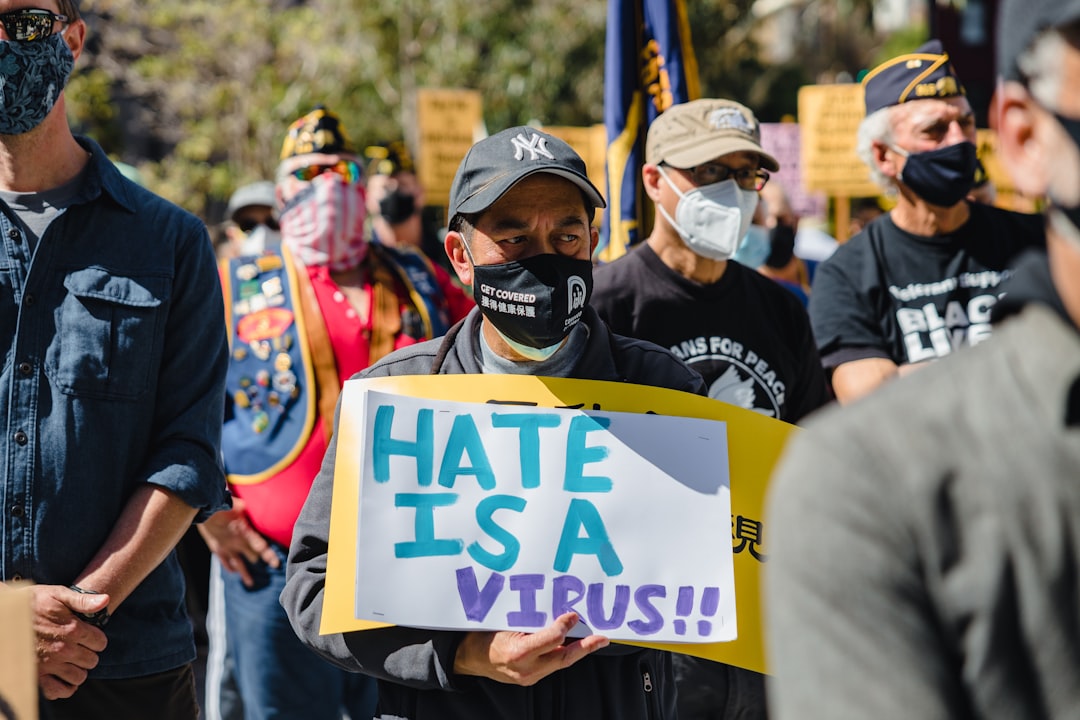What is it about?
Grateful people try to do something nice for those who have helped them. Ungrateful people don't. How do children become grateful? And is the way that develops in the United States similar to the way in which it develops in other countries. So this paper looks at the development of gratitude among children aged 7 to 14 in the United States, Brazil, Russia, China, South Korea, and Turkey.
Featured Image

Photo by Kelly Sikkema on Unsplash
Why is it important?
Most people who write about gratitude just treat it as a positive emotion--people who feel good about being helped are called "grateful" even if they never try to do something nice for the people who have helped them. So in this paper we use a more appropriate way of thinking about gratitude. Also, so much writing about gratitude uses only American children, but we know that children's development in other countries is sometimes quite different from how they develop in the United States.
Perspectives
Are you appreciative? Are you grateful? Are appreciation and gratitude exactly the same? Are children who grow up in an individualist country like the United States as grateful to others as children who grow up in countries that are less individualistic? Reading this paper will answer these questions.
Jonathan Tudge
University of North Carolina at Greensboro
Read the Original
This page is a summary of: How weird is the development of children’s gratitude in the United States? Cross-cultural comparisons., Developmental Psychology, May 2022, American Psychological Association (APA),
DOI: 10.1037/dev0001383.
You can read the full text:
Resources
Contributors
The following have contributed to this page










